
Simple and complex carbohydrates: What are they, list and difference?
What are simple and complex carbohydrates?
Both types of carbohydrates, simple and complex carbohydrates, play a vital role in keeping your body weight in check and healthy blood sugar levels. However, understanding the similarities between the two can help you select better sources of complex carbohydrates to include in your daily diet. Simple carbohydrates are quickly digested by the body, and therefore your blood glucose level is often not affected as much as it would be with more complex carbohydrates. Complex carbohydrates, on the other hand, tend to take longer to break down and can contribute to a higher insulin spike after eating. In addition to having higher amounts of fiber and water, simple carbohydrates also tend to be more processed than complex carbohydrates and have been shown in studies to contain a higher number of "empty" calories than complex carbohydrate foods.
simple and complex carbohydrates list
complex carbohydrates
Some foods that contain complex carbohydrates include:
- Wholemeal flours
- Grains such as corn, barley, brown rice, oatmeal, or wheat germ.
- Legumes such as peas, lentils, beans, broad beans, couscous or soybeans.
- Tubers and roots such as potatoes, squash, cassava or yams.
- Vegetables such as spinach, leek, artichoke, leek, paprika, asparagus or cabbage.
- Nuts and seeds such as almonds, hazelnuts, sunflower seeds, walnuts, raisins, pistachios or flax seeds.
- Fruits such as bananas, radishes, pears, avocado or figs.
- Vegetables such as cucumber, carrot, eggplant, tomatoes and sprouts, as well as green leafy vegetables such as arugula, lettuce, chard, parsley or coriander.
They are popular foods because they are low in fat but high in energy and often satisfy individual cravings.
simple carbohydrates
Foods that are classified as simple carbohydrates don't contain all the sugar found in whole fruits, but can still be used as an alternative if you don't like to eat a lot of sweets. Examples of simple carbohydrates include:
- Sugars or sweeteners such as honey, corn syrup, table sugar, sucrose.
- Fruits such as pineapple, banana, pineapple, orange or apricot.
- Legumes and vegetables: such as onion, pumpkin, beans, broccoli or carrot.
- Cereals such as wheat, rice, flour or wheat.
- Refined flour-based foods such as cookies, doughnuts, bread, donuts, cakes.
- Dairy products and their derivatives in general.
Difference Between Simple and Complex Carbohydrates
It's not as difficult as you might think to understand the difference between simple and complex carbohydrates. Simple carbohydrates are quickly absorbed by the body, causing a rapid rise in blood sugar. Complex carbohydrates, on the other hand, take longer to digest and absorb in the body, resulting in a more steady and gradual rise in blood glucose . As a result, over time, a diet rich in simple carbohydrates can lead to increased glucose levels and increased obesity. Conversely, a diet rich in complex carbohydrates will result in weight loss and a decreased chance of developing diabetes.
Examples of simple and complex carbohydrates
Here are some simple examples of simple carbohydrates. Any food that contains less than 40% simple sugars is considered simple. Brown rice, polenta, pasta, cornmeal, popcorn, barley, oatmeal, and granola cereal are also simple carbohydrate foods. You can also find simple sugars in many other foods, including: honey, maple syrup, corn syrup, molasses, and fruits and vegetables. Complex carbohydrates come from several different foods. Legumes, potatoes, rice, grains, nuts, and pasta are common complex carbohydrate foods.
Why do complex carbohydrates cause our body to increase its glucose levels?
This is because, unlike the simple case, they contain a large amount of fiber. When fiber is digested, it helps break down and remove waste, thus providing the body with more energy. In addition to their high fiber content, many complex carbohydrate foods also contain a number of vitamins and minerals, as well as antioxidants and a variety of other nutrients. As such, the average person who eats on a daily basis will find that a diet consisting of a wide variety of complex carbohydrate foods can be beneficial to their overall health and well-being.
Simple carbohydrates are found in fresh fruits and vegetables, breads and cereals, potatoes, and various processed foods like cookies and candy. They are also available in large amounts in certain meats, poultry, fish, and lentils. Complex carbohydrates are found naturally in whole grains, beans, and nuts. They are generally lower in fat and easier to digest than simple carbohydrates.


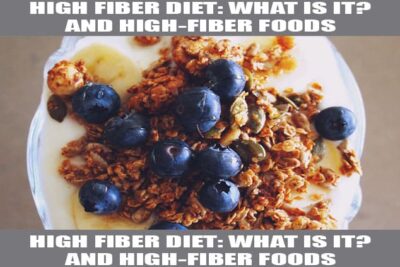
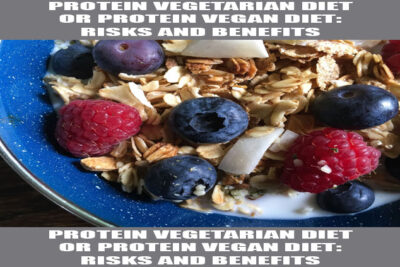
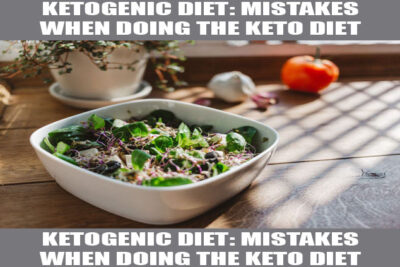
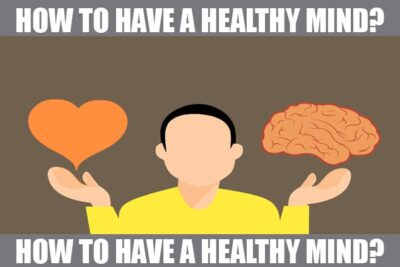

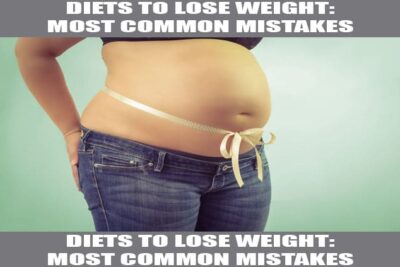
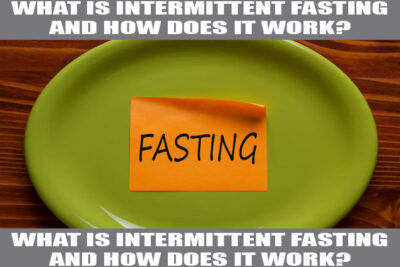

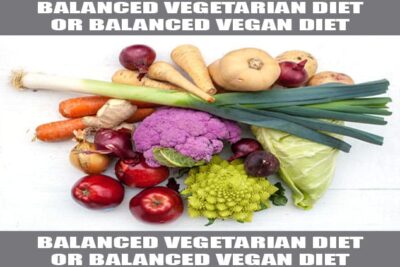




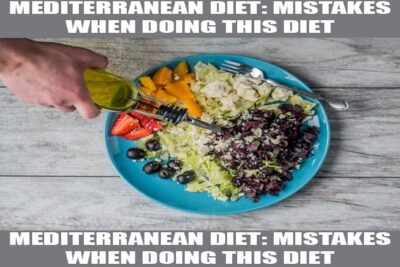
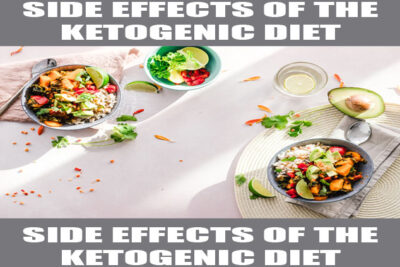
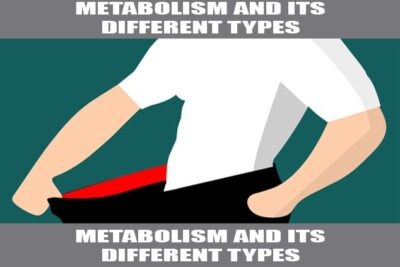


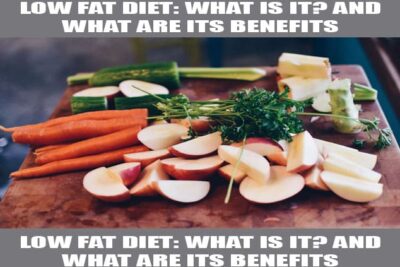

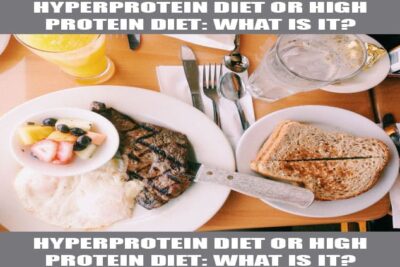

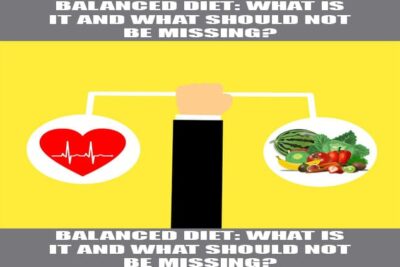
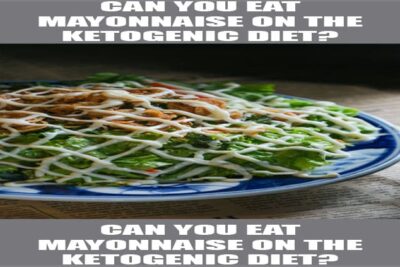

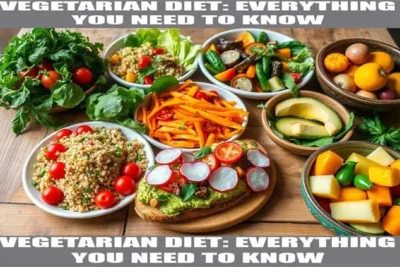


Content that may interest you